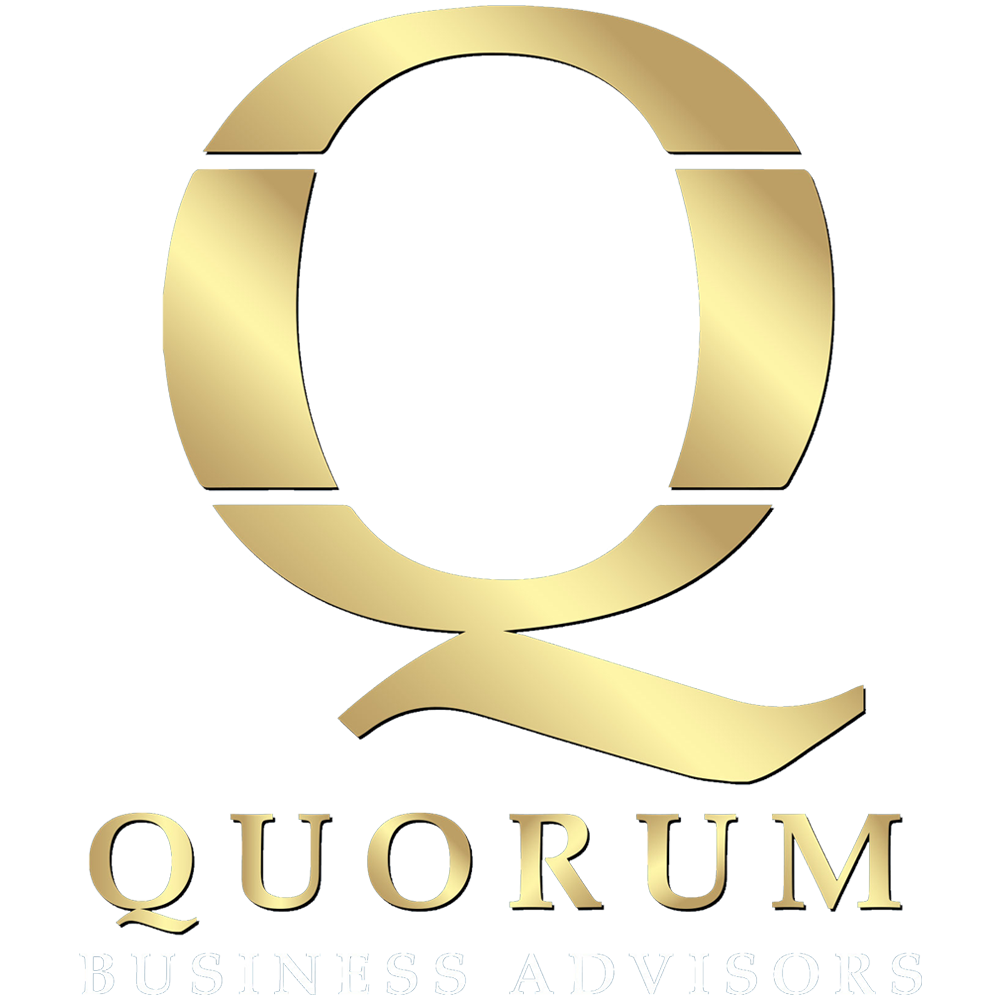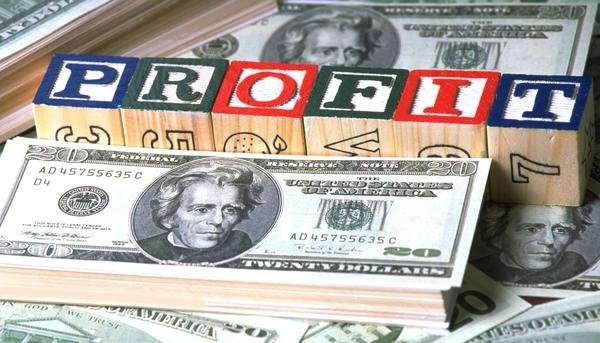Seller Discretionary Earnings (SDE) is also sometimes called the “Owners Benefit” and the terms can be used interchangeably. This is a key metric when it comes to valuing, buying and selling small. In this article I discuss how SDE is calculated.
When net income or cash flow is calculated we use the Adjusted Net (Owner Benefit) figure. This is the net profit on the P&L (profit and loss statement) or tax return plus owner’s benefits. The owner’s benefits are added back because every financial benefit an owner receives from their business regardless of its form is not considered a business expense and is added back as profit. Our goal is to ascertain the true financial performance of the business.
Depreciation and Amortization, Interest Expense, Non-Recurring Legal Expenses, Donations, Federal Taxes and non-essential expenses are added back. Other possible add backs include expenses such as owner’s health insurance, life insurance for owners, retirement plan contributions for owners, and non-essential salaries (such as relatives who draw a salary but do not actually work in the business). Owner’s personal vehicle expenses (lease payments, operating expenses, gas, repairs, depreciation and insurance), owners non business related travel, entertainment and home telephone expenses.
As Business Brokers we calculate the SDE of a business and compare it to similar businesses which have sold. We use this sold comparable data to arrive at a price range when listing a business for sale.
For business buyers the SDE figure is best thought off as the amount available to 1) pay themselves a salary and benefits 2) Pay a ROI (return on investment) 3) cover any possible debt service.
Sellers should understand that this SDE is the most important number when valuing their business for sale. As a general rule the larger this number the more a buyer will be willing to pay for the business.
You will also hear people refer to “EBITDA”. This means Earnings Before Interest Tax and Depreciation. This is a more restrictive formula than SDE and is better applied to larger businesses. With small businesses the owner salary and benefits can often compose a large portion of the profit so the SDE calculation is considered more appropriate.
Anthony John Rigney is a Business Broker in Jacksonville Florida. Call 904-725-7677 for a free and confidential consultation or visit him online at www.qbusinessadvisors.com

